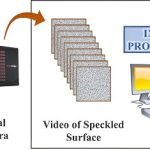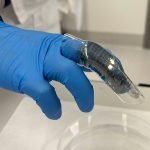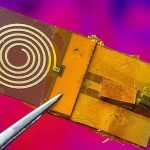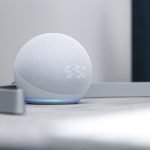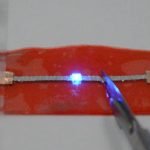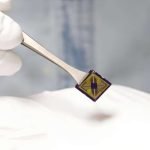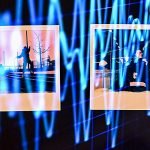Scientists create new cameras that can spot hidden aircraft damage
Every day, millions of people take to the skies on airplanes.
And just like cars need regular check-ups, airplanes do too.
It's super important to make...
Finger flex powers new wearable device that can store memories
Researchers have come up with a unique wearable gadget that can produce energy simply when you bend your finger!
Not only that, this tiny device...
Wearable sensors can help detect Parkinson’s disease early
A groundbreaking study led by Professor Chrystalina Antoniades and her team at the University of Oxford's Nuffield Department of Clinical Neurosciences has unveiled the...
How tiny wireless stickers can measure pressure everywhere!
Imagine the excitement and possibilities when the realm of technology comes up with something that's not only ingenious but also versatile and easy to...
How consumers are navigating the Amazon/Alexa data dilemma
If you had serious concerns a major corporation were harvesting your personal information for its commercial gain but not your benefit, would you:
Take...
What you should (and shouldn’t) do with all of your old phone chargers and...
The statistics surrounding mobile phones are staggering.
There are more than 7 billion mobile phone users worldwide, nearly 5 billion of whom use a smartphone.
These...
Scientists create super-material for flexible, self-healing wearables
In the dynamic world of wearable technologies, imagine a future where your health-monitoring devices can stretch, bend, and even self-repair, just like a superpower!
This...
Scientists develop ‘electronic tongue’ for artificial emotional intelligence
In a groundbreaking endeavor, a team of researchers at Penn State is venturing into the realm of artificial emotional intelligence by developing an electronic...
Scientists find way to extract sound from silent videos and still photos
In this world of constant video calls and virtual meetings, we all are familiar with the phrases like "mute yourself" or "you're muted".
However, the...
A teenager receives 200+ app notifications every day on average, study finds
Smartphones have become teens’ constant companions in today's digital age. They're not just devices; they're a gateway to friends, fun, and a world of...

